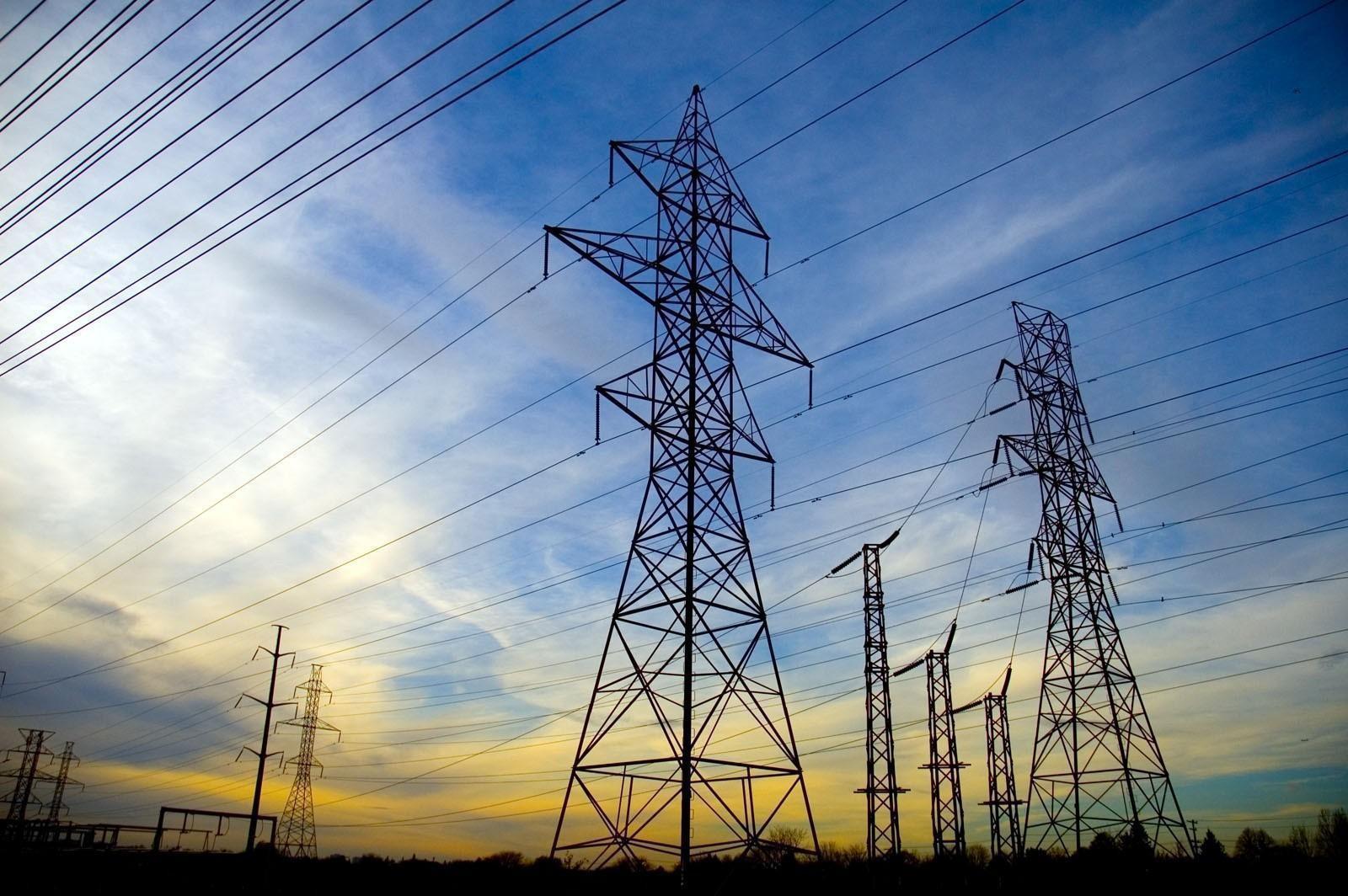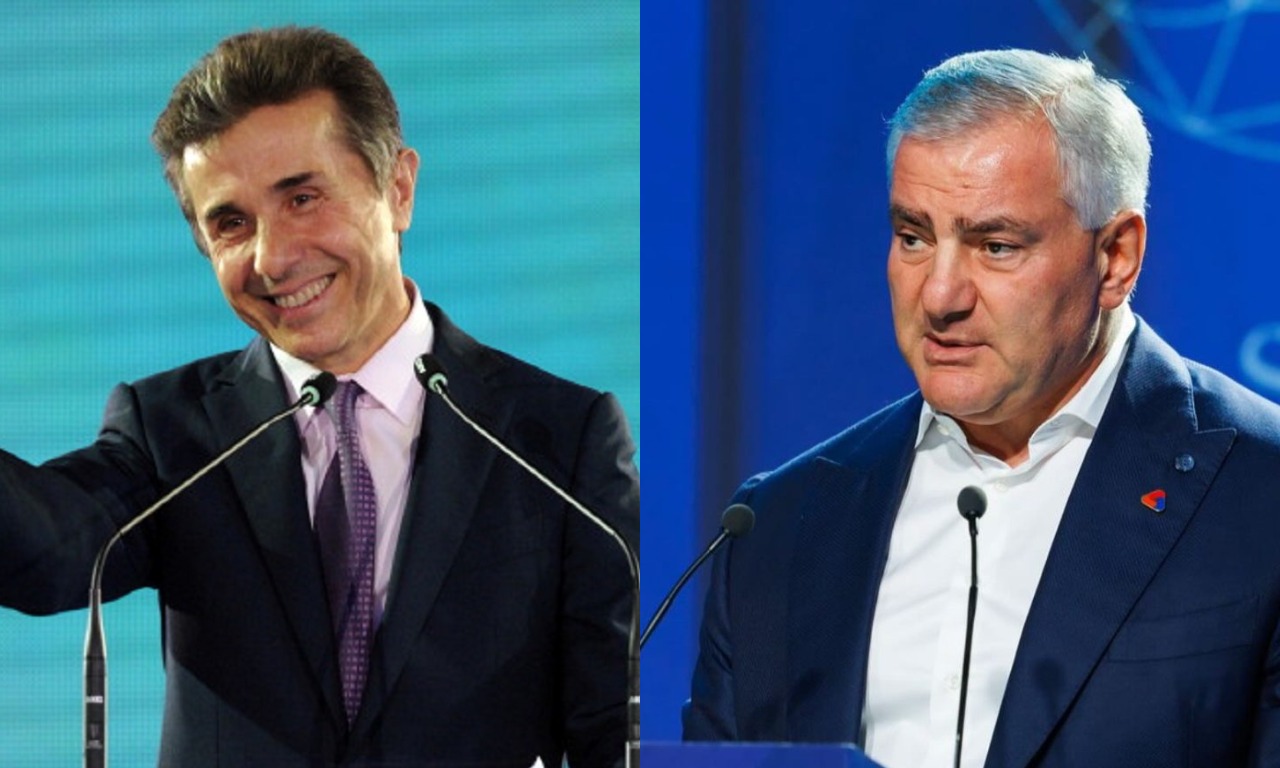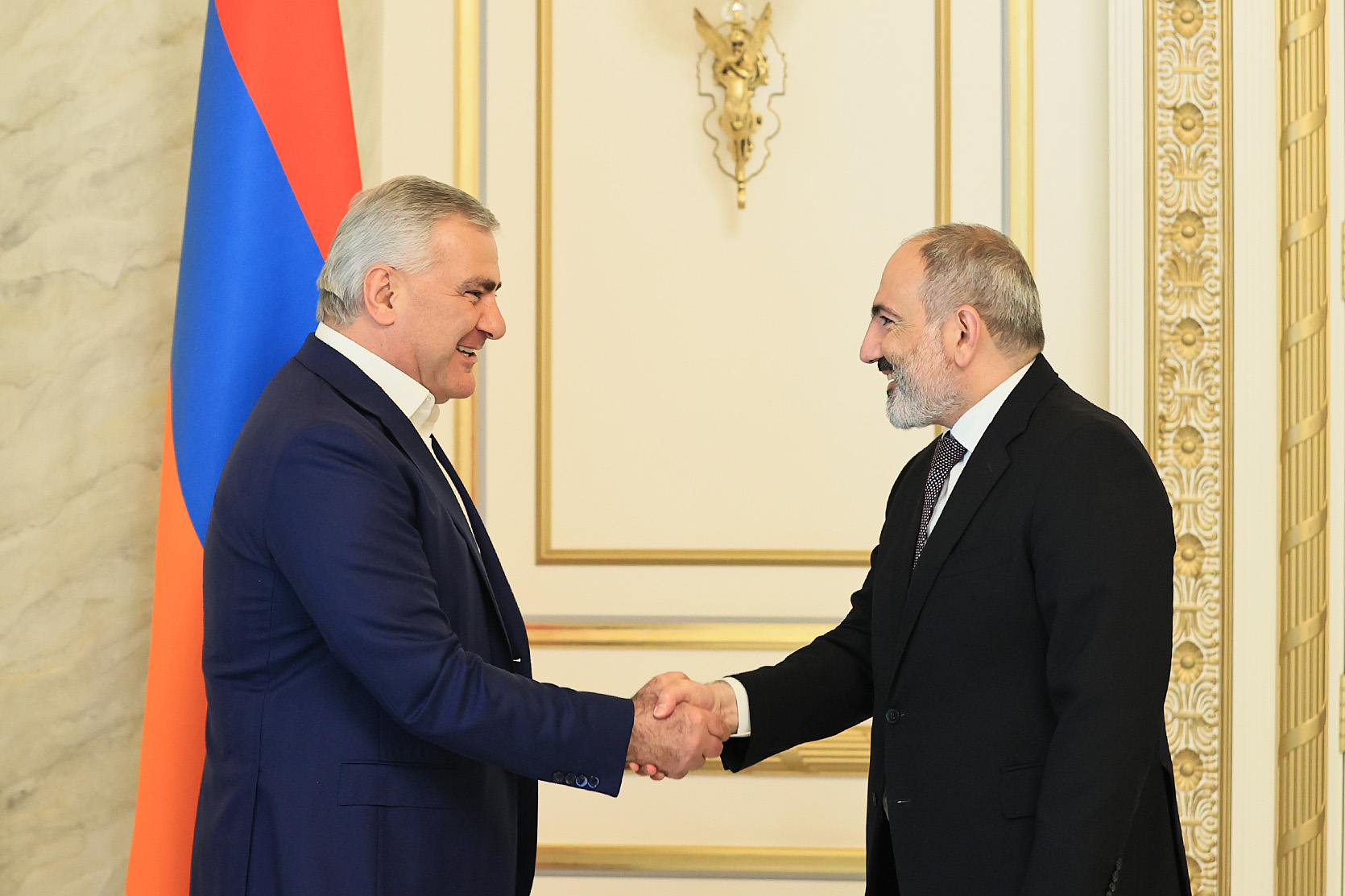Can Armenia refuse to implement arbitration court’s decision? Nationalisation of Electric Networks of Armenia
Nationalisation of Electric Networks of Armenia
If the matter reaches the point of nationalising the Electric Networks of Armenia, its owner Samvel Karapetyan will undoubtedly be paid compensation. This was stated in an interview with a local outlet by Minister of Justice Srbuhi Galyan.
The Tashir Group conglomerate, founded by Russian businessman Samvel Karapetyan, has been managing the Electric Networks of Armenia since 2015. The dollar billionaire himself has been under arrest since June this year, accused of publicly calling for the seizure of power. In July, the Armenian parliament passed a bill allowing for the nationalisation of the Electric Networks of Armenia. Ten days ago, an interim manager for the company was already appointed.
The opposition claims that “the state is taking the company away from its owner.” The minister of justice assures that sharp political statements do not mean compensation won’t be provided.
She says that the state’s actions toward the company at this stage do not concern nationalisation. If such a decision is made, nationalisation will proceed in accordance with the provisions that have already been introduced into legislation.
“The civil code provides for the possibility of nationalisation, and the constitution provides for the possibility of restricting property rights. Restriction of property rights is only possible in the case of providing compensation,” Galstyan emphasised.
She stated that the government does not aim to harm the owner. The government’s actions are aimed at “minimising damage, managing risks, and preventing possible collapse and sabotage.”
The Armenian parliament adopted legal amendments allowing the company to be nationalised after the prime minister stated that citizens constantly complain to him about its work. “ENA, as a result of its operations, nearly created an energy crisis in Armenia. My analysis gives reason to believe that all this was done and continues to be done in order to provoke internal discontent in Armenia,” said Pashinyan.
The minister of justice also commented on the arbitration court’s decision regarding the nationalisation process. The businessman’s family claims to have won a case against the Armenian government at the Arbitration Institute of the Stockholm Chamber of Commerce. The arbitrator ordered the Armenian government to refrain from “further steps to confiscate the company.” The minister of justice explained that the arbitrator’s decision is not final.
All details of the case and clarifications from the minister of justice.
- Arrested Russian-Armenian businessman Samvel Karapetyan forms a political party
- Armenia faces growing power outages amid calls for energy security, infrastructure investment
- Benefits of solar energy in Armenia: three examples
“An arbitration ruling may not be enforced if it contradicts public order”
After the adoption of the draft law on the nationalisation of the Electric Networks of Armenia (ENA), Samvel Karapetyan initiated urgent arbitration proceedings against the government. The case was considered by the Arbitration Institute of the Stockholm Chamber of Commerce (SCC Arbitration Institute).
It is reported that the arbitration tribunal ordered the Armenian government to refrain from applying legislative amendments aimed at nationalising the ENA, as well as from any further steps toward its confiscation. Additionally, the tribunal prohibited the appointment of a temporary administrator and amendments to the company’s charter. The arbitrator demanded that the company’s licences not be revoked and that its normal business operations not be restricted.
Nevertheless, the government has already appointed its representative as temporary administrator — Romanos Petrosyan, a member of the ruling party.
Previously, Karapetyan’s family had notified state bodies of an investment dispute based on an agreement signed between Armenia and Cyprus. They manage the ENA also through a Cyprus-registered company, Liormand Holdings Limited, which holds 30% of ENA shares.
Karapetyan’s team and some experts argue that the arbitration ruling is binding. However, Justice Minister Srbuhi Galyan stated that the emergency decision made in Karapetyan’s favour by the arbitrator “is not subject to mandatory enforcement if it contradicts public order.”
“Decisions made by arbitration, yes, are subject to enforcement. That is the general regulation that should apply. But there is also the New York Convention, which Armenia has joined. And it differentiates between emergency arbitration rulings issued as interim relief and final awards that resolve the case on the merits,” she explained.
To enforce the arbitration decision in favour of the company’s owners, the claimant must file a request with an Armenian court. Only after the court issues a verdict can the arbitrator’s decision be subject to compulsory enforcement.
According to the minister, the New York Convention allows national courts to reject enforcement of such decisions if they “contradict public order”:
“We are dealing with the application of a law. What is this law about? It essentially ensures public order. Or at least it is based on the principle of ensuring public order. And that may be grounds for the decision not to be enforced.”
Galyan noted that the government cannot predict whether the court will recognise the arbitrator’s decision as subject to mandatory enforcement:
“There is a clear legal procedure. If the decision is not enforced voluntarily, the party may apply to the local court for it to be enforced compulsorily. And there is a convention-based ground [contradiction to public order] under which the decision may not be enforced.”
Nationalisation of Electric Networks of Armenia
Reaction of Armenian government
The government does not deny that the arbitration ruling was in favour of the Karapetyans. It only asserts that the substance of the dispute is different. In its response, the government stated that the temporary administrator was appointed in order to:
- prevent the risk of a deliberately induced energy crisis,
- ensure public order,
- eliminate possible risks threatening national security,
- prevent the concealment of abuses that had taken place within ENA and to stop further abuses.
“We show respect towards interim measures applied by foreign arbitration rulings. At the same time, everyone must also follow Armenian legislation and the international treaties that establish the procedures and conditions for the recognition and enforcement of arbitral decisions,” the statement reads.
There is an emergency arbitration ruling, but no final verdict yet
Emergency arbitration is intended for cases where one party requests urgent interim measures before the dispute is considered on the merits. The Stockholm ruling is such an interim measure.
According to the arbitration rules, an emergency ruling is not considered final but becomes binding on the parties from the moment it is issued.
Under the same rules, one of the disputing parties must initiate full arbitration proceedings. If such proceedings are not initiated within 30 days of the emergency ruling, the decision ceases to be binding. If the case is not submitted to the main arbitration court within 90 days, the ruling loses its validity. The emergency ruling also ceases to be binding once the arbitration court delivers its final verdict.
The court has the authority, through its final verdict, to uphold, amend, or annul the emergency ruling. The full proceedings may take several months.
“We will very patiently wait for the substantive hearing of the dispute. Of course, the government will present its arguments. And we’ll see how the arbitrator reacts when the substance of the dispute is reviewed,” says Minister of Justice Srbuhi Galyan.
Analysts explain that the authorities may choose not to comply with the ruling. In that case, however, there could be undesirable consequences. In particular, Armenia might be required to pay the Karapetyans a much larger compensation under the final ruling. Experts also do not rule out the possibility of Armenian foreign assets being seized.
Follow us – Twitter | Facebook | Instagram
Nationalisation of Electric Networks of Armenia





















